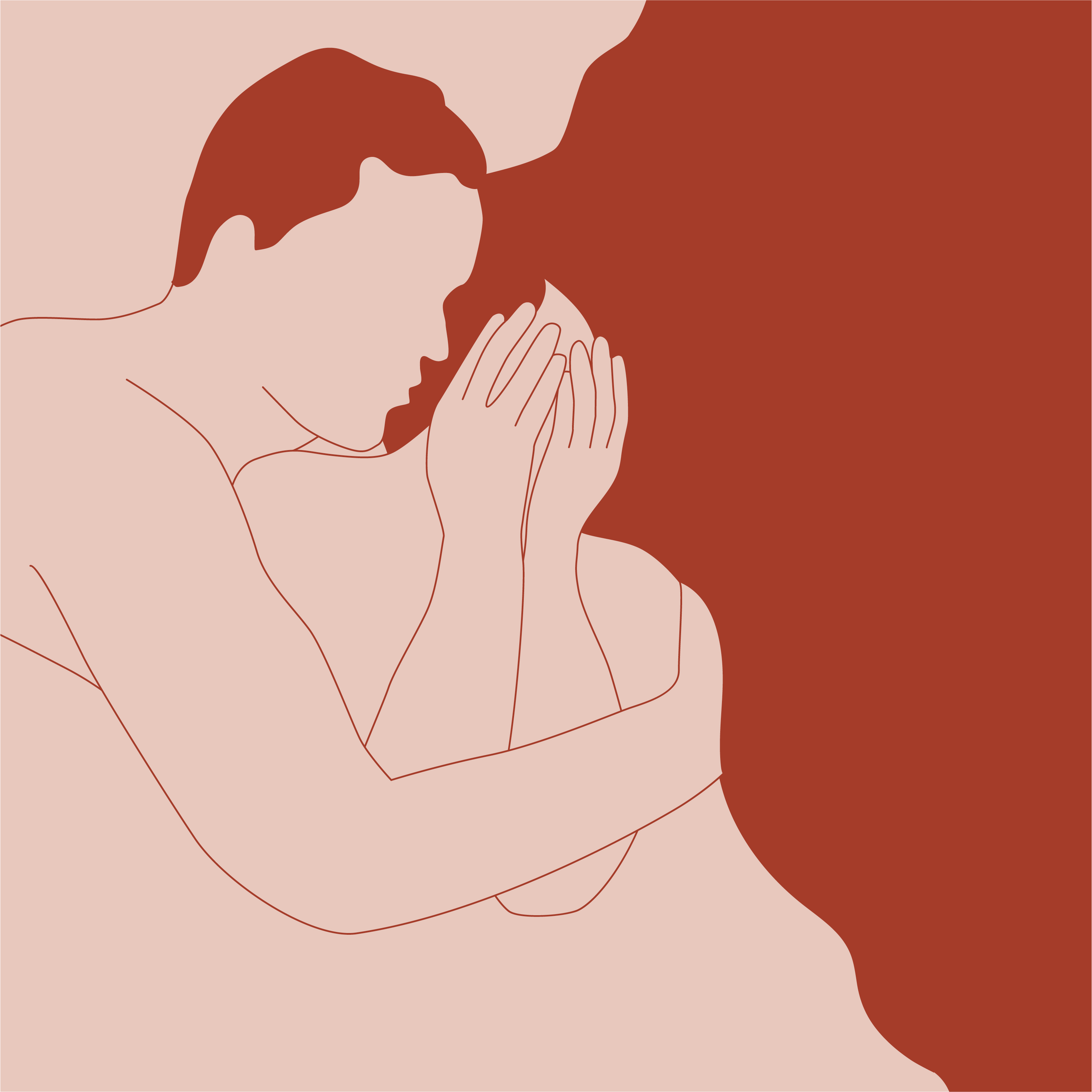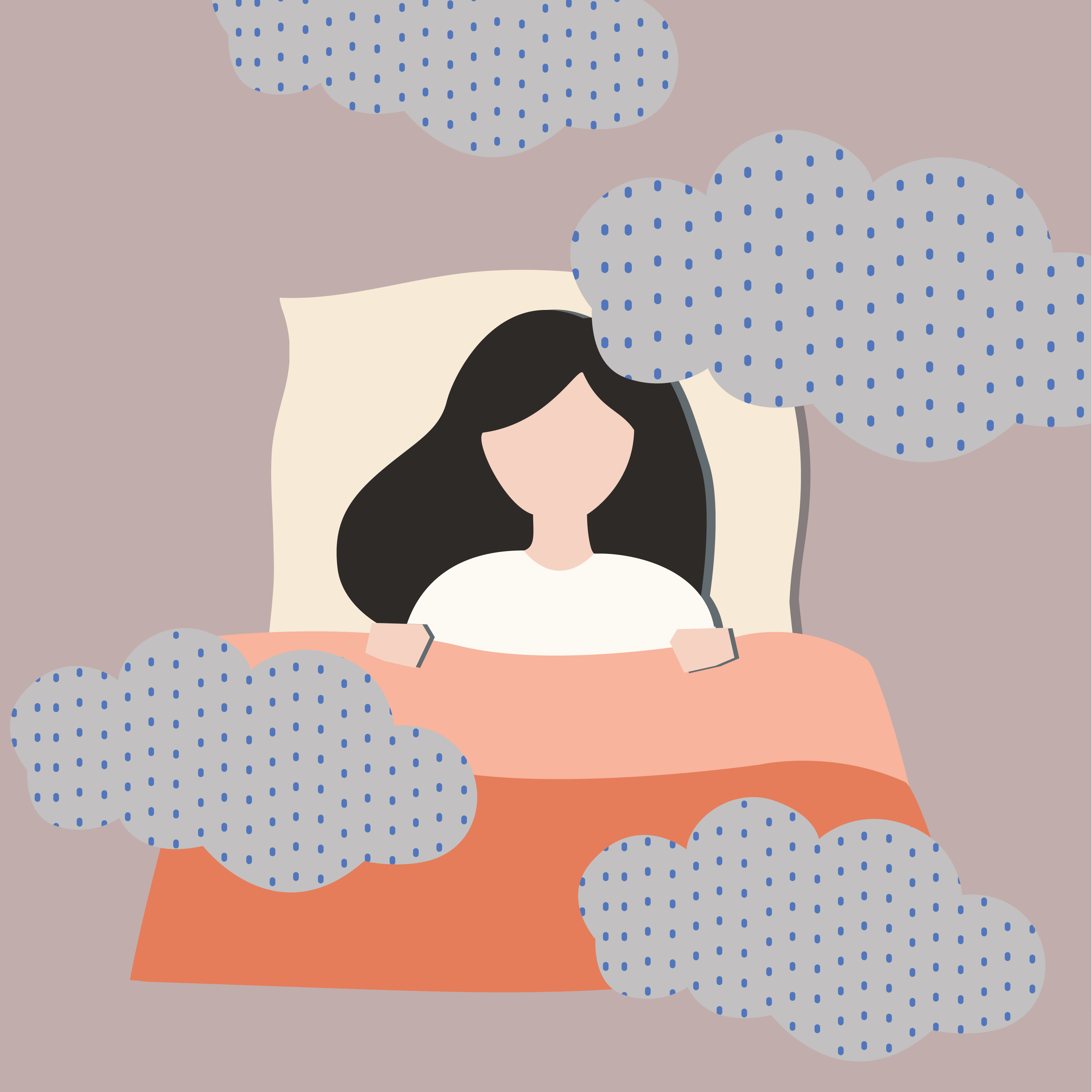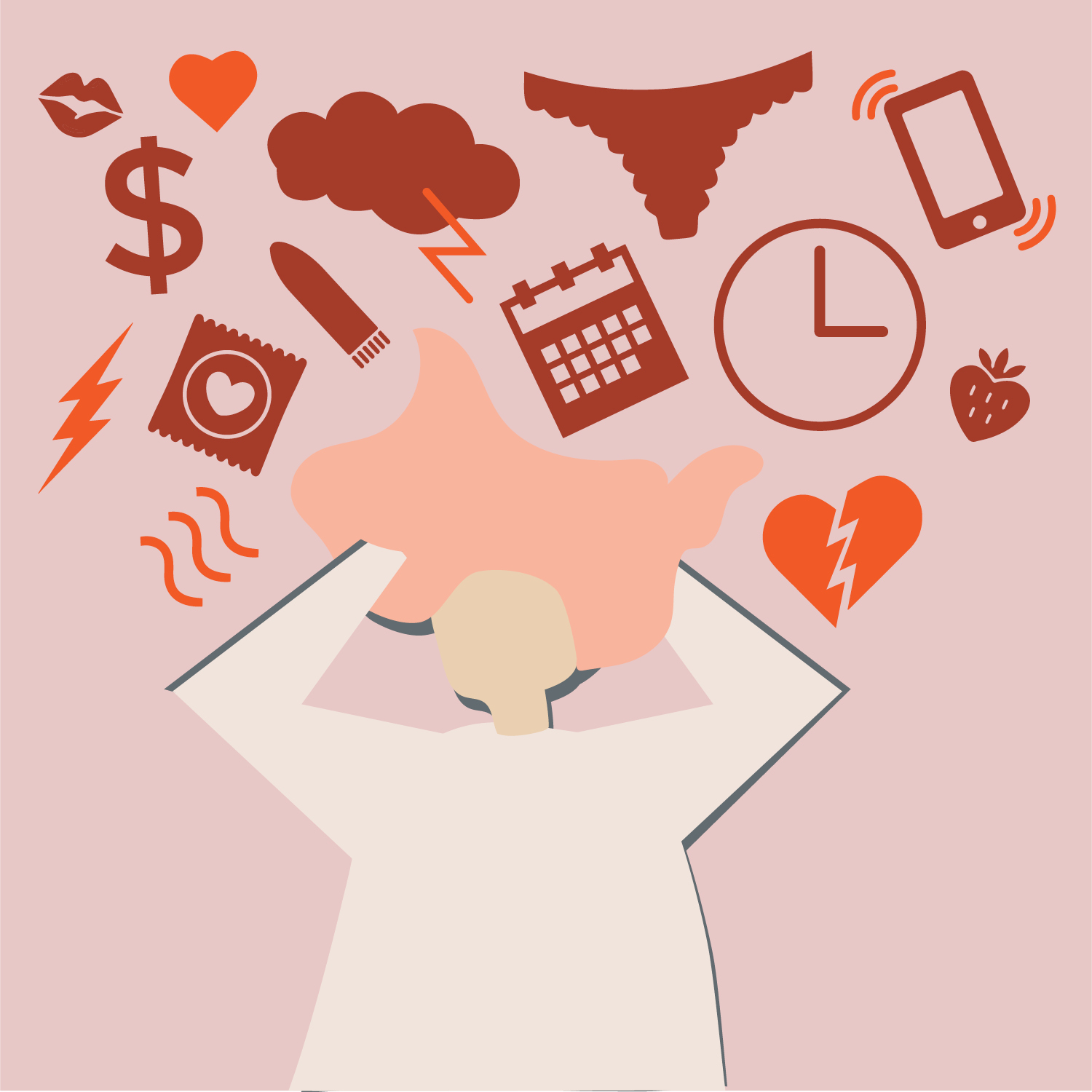Feb 03, 2017
HOW YOUR PERIOD CHANGES AS YOU AGE
It’s totally normal for your period to change over your lifetime.
In most cases you don’t need to worry whether something is amiss, most likely you’re perfectly healthy. Read on for the shifts you can expect affecting your period by decade. At times these shifts could warrant a closer look.
IN YOUR TEENS
In Australia, the onset of menstruation occurs most often in girls aged from 11 to 14. This usually occurs a couple of years following other puberty-related changes, such as breast development and pubic/underarm hair growth. During the first few years of menstruation, expect cycles to last 21-45 days. And earlier periods are usually heavier due to higher levels of estrogen. It is important for sexually active young women to remember that as soon as they start menstruating, pregnancy can occur.
IN YOUR 20S
Your period comes every 25 to 32 days and lasts three to seven days. However, cycles that appear regular may not always be. Every 20-something female is likely to experience variation when it comes to their time of month. That said, your cycle is more consistent in your 20s than your teens and early period days. Skipped periods are not to be taken lightly and can be a sign of either excessive exercise or weight loss. Missed periods can be a sign that you’re pregnant too. Irregular bleeding can signal polyps or fibroids (both grow within the cervix or uterus and are usually benign). Low progesterone can also lead to irregular bleeding. See your doctor if you’re spotting between cycles or after intercourse, or periods are much heavier than usual. Last but not least, women in their 20s experience more painful cramps. If you find that cramps get in the way of your daily functioning, see your doctor as this could be a sign of fibroids or endometriosis. Vitamin D can be a great cramp-fighter, along with omega-3 fatty acid supplements. What may also help you – read tips from our guest blogger Amanda Waaldyk in her piece ‘What is PMS & How to treat it naturally’.
IN YOUR 30S
Throughout your early 30s you’ll experience cycles much like those of your 20s. However in your late 30s (and early 40s), occasional hormonal surprises can start to occur due to having fewer functional eggs accompanied with less estrogen. Changes to the number of follicles in your ovaries can affect your period too. PMS can become overwhelming in this decade of your life with lifestyle and diet having the ability to exacerbate symptoms. Protecting your sleep, your diet and exercising are a few of the best cures to help you in dealing with PMS. For tips on how to eat based on your menstrual cycle, another piece by Amanda ‘Eat your way to hormonal balance at time of month‘ is worth a read. Heavy periods will be common and lags between periods too. It’s normal for cycles to get shorter (i.e. from 28 days to 25) but big gaps can signal premature ovarian failure/menopause before age 40 – a problem that only affects up to 4% of women.
IN YOUR 40S
Your 40s are the decade where your reproductive system begins to wind down in the transitional phase known as perimenopause. Perimenopause spans about 3-8 years before menopause. Over the course of your 40s and into your 50s, you have progressively fewer eggs left and the remaining ones are less robust. Some months your eggs hear signals from your brain just fine and your period is the way it was in the old days. Other months they respond with a big “Huh?” and miss the invitation to ovulate, which means you won’t menstruate. While your eggs release diminishing amounts of progesterone and estrogen, sometimes there’s no ovulation and other times there’s double. This makes for an erratic ride of symptoms—from moodiness to hot flashes. Pelvic pain and heavy bleeding can be caused by zigzagging estrogen levels. Even if you’re having irregular cycles you can still become pregnant. If you have dull or sharp pain in your abdomen or pelvis or are suddenly having much heavier periods, it’s worth seeing your doctor.
RETURN OF PERIODS AFTER CHILDBIRTH
The length of time before a woman’s period returns following pregnancy largely depends on whether she is breastfeeding or not. This is because the hormone that stimulates milk production, prolactin, also inhibits ovulation and the return of menstruation. Therefore, women who are fully breastfeeding may not have a period for several months after childbirth or until they finish breastfeeding. In women who are not breastfeeding, and women who are combining breastfeeding with bottle feeding, menstruation can return as soon as 5-6 weeks following childbirth.
IN YOUR 50S
Menopause will occur on average between the ages of 51 and 52 years old. You can’t be sure you’ve reached menopause until a full year after it happens. Missing periods can leave you thinking that you’ve reached your destination. But 6-11 months later you might find yourself menstruating again. Find out when your mum’s periods stopped: use this as rule of thumb as to when you’ll hit your menopause.
Adapted from original articles appearing on RealSimple.com and Women’s Health Queensland Wide.
Blogs

Jun 08, 2022
EXPLORING PERIOD CARE IN CULTURES AROUND THE WORLD
Our TOM Talks panelist Sabina McKenna explores how different cultures around the world approach period care.
Read More
Jun 08, 2022
STOP APOLOGISING FOR HAVING YOUR PERIOD
Our TOM Talks panelist Mel Mason talks about the importance of not apologising for having your period.
Read More
Jun 07, 2022
STRESSED? NOT SLEEPING? TRYING TO CONCEIVE?
TOM Talk's panelist Georgia Hartmann discussed the links between stress, sleep and fertility.
Read More
Jun 07, 2022
STRESS AND HOW IT AFFECTS YOUR SEX DRIVE
Certified sex coach Georgia Grace is here to unpack the link between stress and sex.
Read MoreProducts